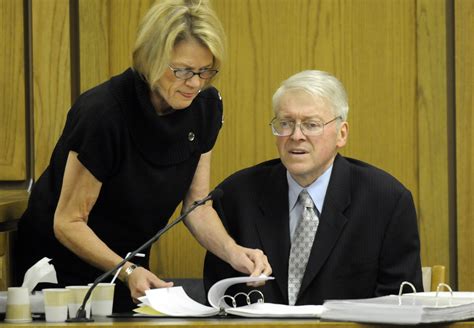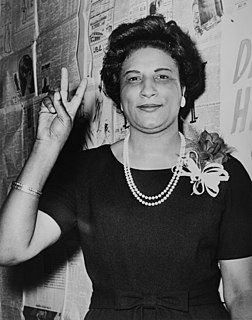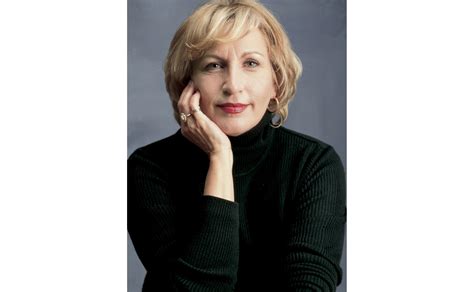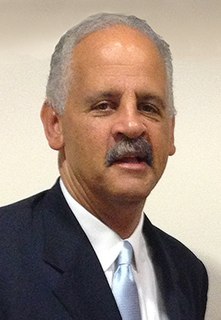A Quote by Rabindranath Tagore
Man's freedom is never in being saved from troubles, but it is the freedom to take trouble for his own good, to make the trouble an element in his joy.
Related Quotes
He lifted the arm covering his eyes and turned his head to glare at her. "I knew you were trouble the first time I saw you."
"What do you mean, trouble?" She sat up, glaring back at him. "I am not trouble! I'm a very nice person except when I have to deal with jerks!"
"You're the worst kind of trouble," he snapped. "You're marrying trouble."
The individual man, in introspecting the fact of his own consciousness, also discovers the primordial natural fact of his freedom: his freedom to choose, his freedom to use or not use his reason about any given subject. In short, the natural fact of his "free will." He also discovers the natural fact of his mind's command over his body and its actions: that is, of his natural ownership over his self.
It is indolence... Indolence and love of ease; a want of all laudable ambition, of taste for good company, or of inclination to take the trouble of being agreeable, which make men clergymen. A clergyman has nothing to do but be slovenly and selfish; read the newspaper, watch the weather, and quarrel with his wife. His curate does all the work and the business of his own life is to dine.
Only a law-order which holds to the primacy of God's law can bring forth true freedom, freedom for justice, truth, and godly life. Freedom as an absolute is simply an assertion of man's "right" to be his own god; this means a radical denial of God's law-order. "Freedom" thus is another name for the claim by man to divinity and autonomy. It means that man becomes his own absolute.
Freedom is about a way of thinking. Freedom is about understanding that you can do anything that you want and freedom is about being able to take information and education and make it relevant to your own growth every single day. Freedom is not staying in the box. Freedom is not doing what other people want you to do.
For nowhere either with more quiet or more freedom from trouble does a man retire than into his own soul, particularly when he has within him such thoughts that by looking into them he is immediately in perfect tranquility; and I affirm that tranquility is nothing else than the good ordering of the mind.
My Father taught me how to be a man – and not by instilling in me a sense of machismo or an agenda of dominance. He taught me that a real man doesn’t take, he gives; he doesn’t use force, he uses logic; doesn’t play the role of trouble-maker, but rather, trouble-shooter; and most importantly, a real man is defined by what’s in his heart, not his pants.







































